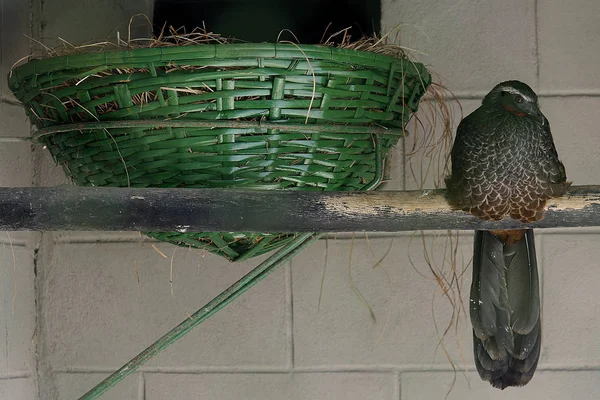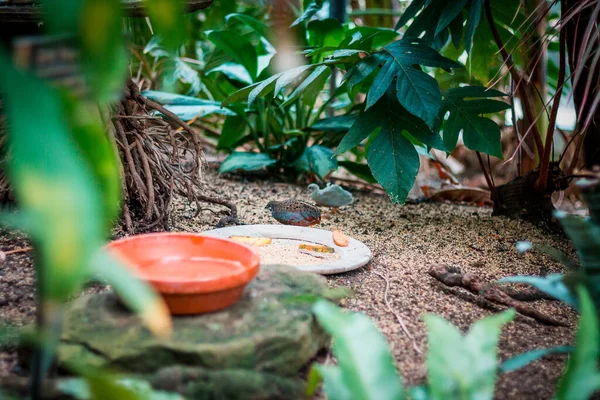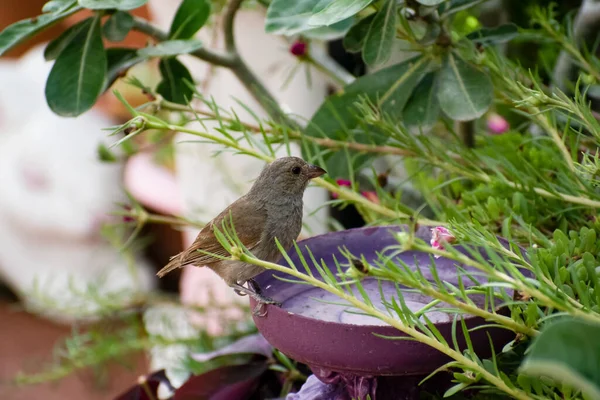Why is my hummingbird feeder leaking and how can I fix it?
Is your hummingbird feeder dripping like a leaky faucet, leaving a sticky mess and wasting precious nectar? If you’re wondering why your feeder seems to have developed a leak, you’re not alone.
Leaking hummingbird feeders can be a frustrating problem, but fear not! This guide will unravel the mystery behind the leaks and provide you with practical solutions to keep your feeder in top-notch condition, ensuring your tiny, fluttering visitors can enjoy a spill-free dining experience.

Why Is My Hummingbird Feeder Leaking
Improper Sealing
One common reason for a leaking hummingbird feeder is improper sealing. If the feeder’s components are not tightly secured, nectar can seep out through gaps or loose fittings. Regularly check and tighten all parts of your feeder to ensure a proper seal.
Feeder Damage
Another reason for leaks could be damage to the feeder itself. Cracks, holes, or warping can compromise the integrity of the feeder, allowing nectar to escape. Inspect your feeder regularly for any signs of damage and replace or repair as needed.
Design Flaws
Some hummingbird feeders are more prone to leaking due to their design. Feeders with a vacuum seal can sometimes trap air, which can force nectar out of the feeder. Consider switching to a feeder with a different design if you continue to experience leaks.
Common Reasons for Hummingbird Feeder Leaks
Addressing hummingbird feeder leaks requires meticulous attention to various factors. Improper assembly stands out as a primary culprit, often stemming from loose or missing parts and misalignment issues.
Additionally, damage or wear, typically caused by age-related deterioration or exposure to harsh weather conditions, can exacerbate leakage problems. Moreover, inadequate cleaning practices contribute significantly, as residue buildup over time leads to persistent leaks. Regular maintenance emerges as a crucial solution, emphasizing the importance of consistent cleaning routines to mitigate potential leaks effectively.
Impact of Leaks on Hummingbirds
Hummingbirds face significant challenges due to feeder leaks, impacting their well-being in multiple ways. Leaks reduce accessibility to nectar, depriving these birds of essential nutrition.
Moreover, leaks attract unwanted pests like ants, bees, and wasps, disrupting the feeding process. Additionally, leaks pose potential health risks to hummingbirds, as contaminated nectar can lead to illnesses or infections. Addressing leaks promptly is vital to ensuring the health and vitality of these remarkable birds.
Solutions to Prevent Hummingbird Feeder Leaks
Preventing hummingbird feeder leaks requires a proactive approach, focusing on several key solutions. Proper placement plays a crucial role, with emphasis on avoiding direct sunlight and windy areas while ensuring stable, level positioning.
Regular maintenance is essential, involving cleaning with mild soap and water, as well as inspecting and replacing damaged parts. Additionally, using ant moats and bee guards is effective in preventing pests and insects from accessing the feeder, ensuring compatibility with the feeder’s design for optimal results.
Alternative Feeder Types
When considering alternative hummingbird feeder types, basin-style and vacuum-style feeders offer unique features and benefits. Basin-style feeders, characterized by their basin-shaped reservoirs, provide easy access to nectar and accommodate multiple feeding ports.
However, they may be prone to leakage and require frequent cleaning. On the other hand, vacuum-style feeders utilize a vacuum seal to prevent leaks and maintain freshness. While they offer superior leak prevention, they may be more challenging to clean and refill. Understanding the features and drawbacks of each feeder type can help you choose the best option for attracting and nourishing hummingbirds.

FAQs
Why is my hummingbird feeder leaking?
Leaks can occur due to various reasons, such as improper assembly, cracks in the feeder, or a faulty seal. It’s essential to inspect your feeder regularly to identify and fix any issues promptly.
How can I prevent my hummingbird feeder from leaking?
To prevent leaks, ensure all parts are tightly secured and that there are no cracks in the feeder. Additionally, avoid overfilling the feeder, as this can lead to excess pressure and leaks.
Can the weather affect my hummingbird feeder’s tendency to leak?
Yes, extreme temperatures can cause materials to expand or contract, potentially leading to leaks. Consider placing your feeder in a shaded area to minimize exposure to direct sunlight or extreme heat.
What should I do if my hummingbird feeder is leaking?
If you notice your feeder leaking, first check for any visible cracks or loose parts. Tighten all connections and replace any damaged components. If the problem persists, consider replacing the feeder with a new one.
Are there specific types of hummingbird feeders less prone to leaking?
Yes, some feeders are designed with leak-resistant features, such as built-in ant moats or improved sealing mechanisms. Consider investing in a high-quality feeder to minimize the risk of leaks.
Can ants or other insects cause my hummingbird feeder to leak?
Yes, ants or other insects crawling on the feeder can disrupt the seal or cause damage, leading to leaks. Use ant moats or other insect deterrents to keep pests away from your feeder.
How often should I check my hummingbird feeder for leaks?
It’s a good idea to check your feeder regularly, especially after refilling it with nectar. Look for any signs of leaks, such as dripping or moisture around the feeder, and address any issues promptly.
Is there a specific type of nectar that is less likely to cause leaks?
Using the right ratio of sugar to water in your nectar mixture can help prevent leaks. Follow the recommended recipe and avoid using nectar that is too thin or too thick, as this can lead to leakage issues.
Can overfilling my hummingbird feeder cause it to leak?
Yes, overfilling can create excess pressure inside the feeder, leading to leaks. Fill the feeder only to the recommended level to prevent this issue.
Are there any maintenance tips to help prevent my hummingbird feeder from leaking?
Regularly clean your feeder and inspect it for any signs of wear or damage. Replace any worn-out parts, such as seals or O-rings, to maintain a tight seal and prevent leaks.

Conclusion
In conclusion, a leaking hummingbird feeder can be a frustrating issue for bird enthusiasts, but understanding the reasons behind it can help resolve the problem. Whether it’s due to improper assembly, worn-out seals, or cracks in the feeder, taking the time to inspect and maintain your feeder can ensure a leak-free feeding experience for these delightful birds. Regular cleaning, checking for damage, and using high-quality feeders can all contribute to a more enjoyable and leak-free hummingbird feeding station.